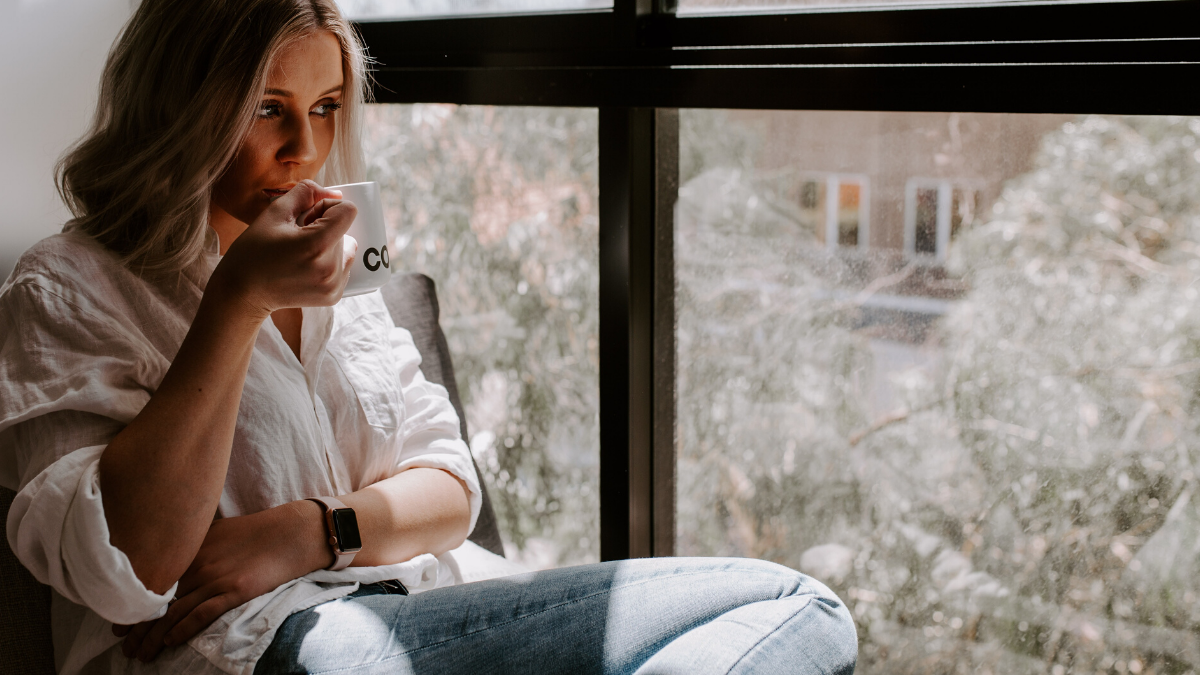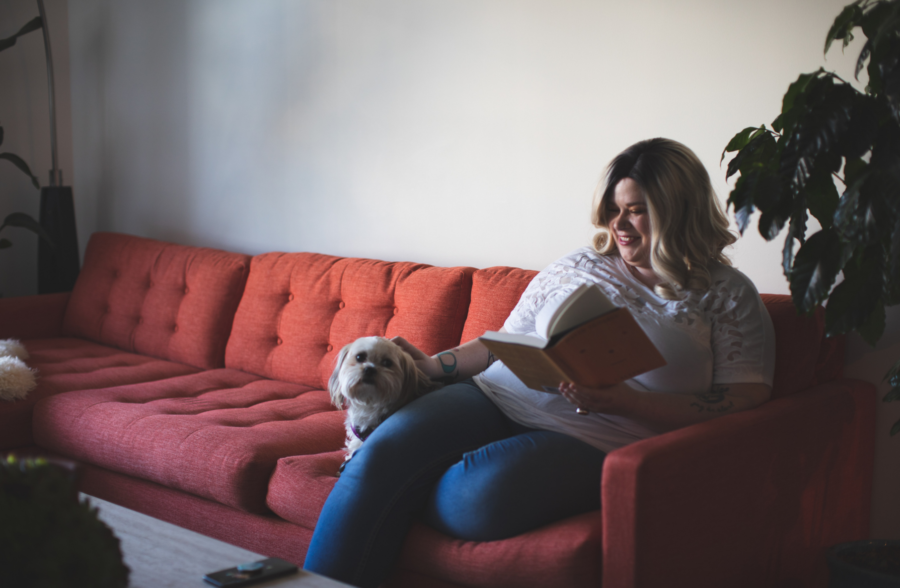Caring for your wellbeing in isolation

As a community we have been asked to self-isolate, or have been quarantined to help slow the spread of Coronavirus and take care of our collective health and wellbeing. Isolation, or separation from other people or our usual environment, will impact each of us differently, depending on our context, personality and preferences.
How you respond
Right now some people are feeling a sense of relief and appreciation. They have been released from the demands of everyday life, allowed to work from home in their pyjamas and no longer have to visit their in-laws. For others, they might be feeling frustrated, angry, sad or lonely. Their worlds have been turned upside down and they feel trapped, unable to live their usual life and yet separated from the people and places that matter to them.
Take a moment to reflect on your response to isolation.
- How are you feeling?
- What do you miss or worry about being in
isolation? - What do you appreciate about being in
isolation?
Just acknowledging your response can help. If you are loving isolation – keep on doing that! If you are struggling, here are some ideas to help you adapt.
Routines
Routines give us structure and a sense of control in an otherwise chaotic and uncertain world. Having daily and weekly routines enables us to be productive, complete necessary tasks and experience a sense of mastery and control.
Isolation and the uncertainty around COVID-19 has likely prevented you from engaging in your usual routine, which may leave you feeling unsettled, stressed, anxious or depressed.
To thrive during isolation it is important to adapt your routines or create new ones. In times of uncertainty a little structure can be reassuring. Try to create an at home routine that keeps you feeling safe, fit and healthy. Keep to your usual sleep-wake routine, prepare and cook healthy meals, hydrate well, and work out ways to keep learning, moving and connecting with others. If you can, try to separate your “work” space from your “leisure/rest” space as much as possible.
Reflection Questions – Routines
- What routines do you miss or not miss?
- What routines could you adapt or create?
- Who can help you stick to your routine?
Connection
When we consider our basic human needs things like food, shelter and safety quickly come to mind. Equally important is the need to belong, to be connected to others. We flourish when we feel valued by and connected to others. We also survive, perform better and achieve more in groups than we do alone. Some of us need more human connection than others, but we all fare better when we are connected in small incidental ways, and in deeper more meaningful ways.
During isolation when you are separated from your regular face-to-face interactions, it is normal to feel lonely at times. The feeling of loneliness is your body’s way of reminding you to reach out to other people. It is in an internal nudge to connect, so make sure you listen to it.
Long term loneliness, or a lack of feeling socially connected, is a bigger risk to health than other established factors such as obesity, smoking, alcohol, physical inactivity, and high blood pressure. In practical terms, being socially isolated has an equivalent risk to your health and longevity as smoking 15 cigarettes per day.
The scientific evidence for the importance of social connection is unequivocal. It is good for our physical health, longevity, mental health and wellbeing. For example, research studies have demonstrated that people with stronger social connections have strengthened immune systems and a 50% increased chance of survival.
The upside to the coronavirus pandemic is that we are alone, together. We are all in the same, or similar, boat. Think about how you can stay socially connected in this time of isolation and uncertainty.
Reflection Questions – Connection
- Who do you want to connect with? E.g., family, friends, work mates.
- How could you reach out? E.g., phone, email, facetime, WhatsApp, Skype, Zoom, Facebook, Instagram, TikTok, Houseparty, videogames.
- What indirect ways could you feel connected to others? E.g., watch a podcast, do an online course, listen to the radio, do an online fitness or yoga class, meditate, give back to your community.





